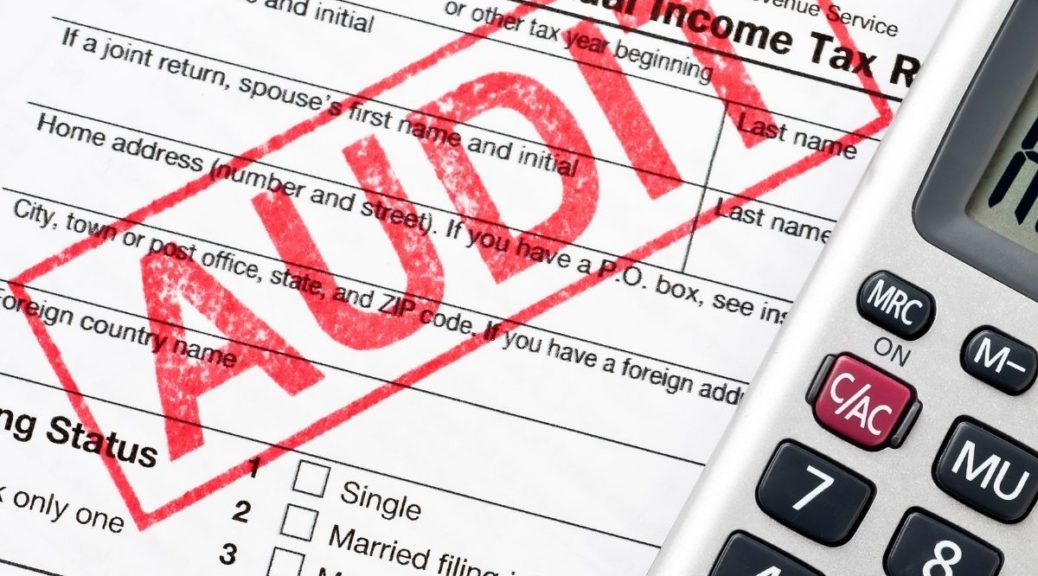The Internal Revenue Service IRS) has ratcheted up its small business audits this year. *** These audits include the mom-and-pop retail stores, tech startups, and investment funds such as cryptocurrency.
The infrequent checks from the IRS for small businesses are over for now. So, you as a small business owner, need to be ready when the tax-man cometh. Here are several tips on how you can beat the small business tax audit:
- Keep good records: The main question we accountants get is, “How far back do they go to do the audit?” Typically, you will need to keep copies of filed returns and documents for at least three years from the filing date or the return’s due date, whichever is later. This is the period of time that the IRS has to audit most returns. This process can go out as long as six years if the income was misreported by 25 percent or more. (There is no statute of limitations on fraudulent tax returns.)
- Make a case for unsubstantiated income: The IRS has an aggregate or algorithm of the typical income/expense ratio for any type of business. If they see a higher-than-average expense list, extremely low income, or a major loss, it may trigger an audit. If you have truthful and legitimate reasons for that data, such as insurance claims that show losses after a natural disaster (such as the floods in the Southern US) or advertising promoting more services, you may be able to survive the audit. You must have detailed records of it. This would include travel expenses, receipts, calendars, and mileage logs.
- Investigate your records for possible audit red flags. You must do your due diligence to protect yourself from an audit. It’s actually pretty simple to do. Review your income records. Did you write the correct amount? (No transposed numbers.) The IRS cross-references your wages with other tax records. Also, be sure you have reported all of your income. Lastly, double-check your business deductions, particularly meal and entertainment expenses, a major bugaboo with the IRS.
- Don’t lose your head. An IRS Audit does not mean you are going to prison, your home will be seized and your business(es) closed. Actually, field audits are rare. If an IRS agent visits your location, then it would have to be an audit substantial enough to pay for the audit. In fact, most IRS audits are done online or with mail correspondence. The IRS, once it reviews the documents that you have sent, may only recalculate the return and bill you for the corrected amount. So, you can be calm about it and no need to look for agents in dark suits hopping out of SUVs with briefcases, showing you their IDs, and bargaining into your home. It makes for interesting television, but it is quite rare in real life.
- Bring in a professional accountant. Your tax records may be much more complicated than just transposed digits. When that is the case, you should consult with a professional, licensed, accountant. They can review and check all your numbers and documents to see if there are any discrepancies. Additionally, they can represent you to the IRS and make sure you are not unfairly or inaccurately audited.
Audit. It is not a pleasant process but there is no need to hyperventilate and lock yourself in your basement. But, before tax season begins on January 1, 2022, do the necessary tasks to best protect yourself from a letter from the IRS requesting a small business tax audit. It can be done and you can survive it. Millions do every year.
A.K. Burton, PC, can do all your income tax preparation. We have experienced staff who can prepare and file your tax return and represent you before the IRS. Call us at (301) 365-1974 for a consultation. Our office is open. We serve the Bethesda, Rockville, and Montgomery County, MD area.
*** For more information on IRS Tax Audits see this website.

